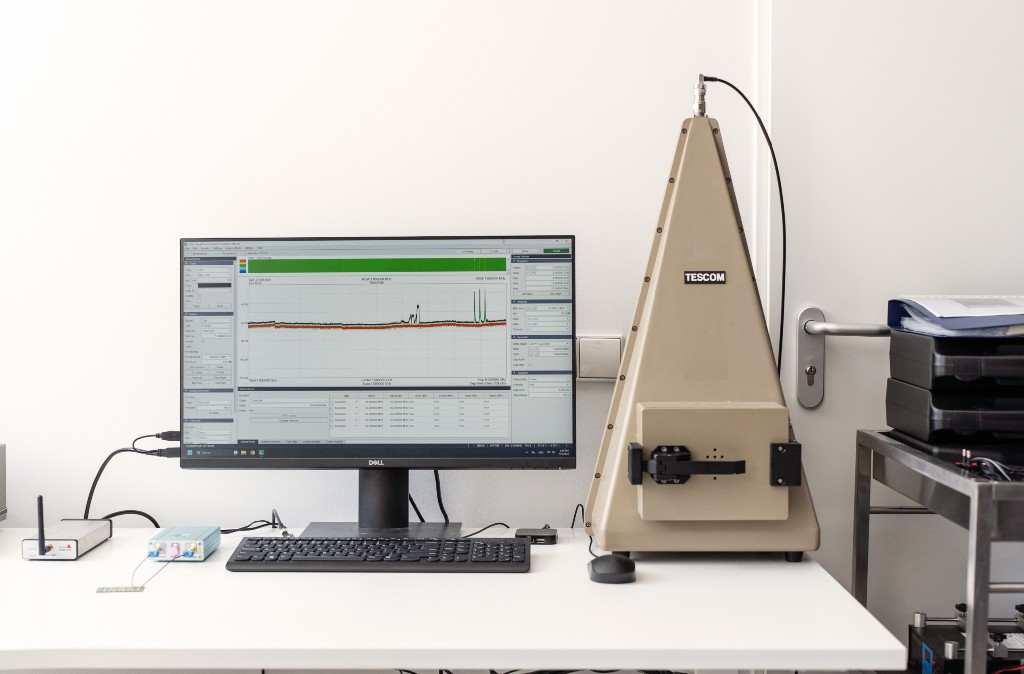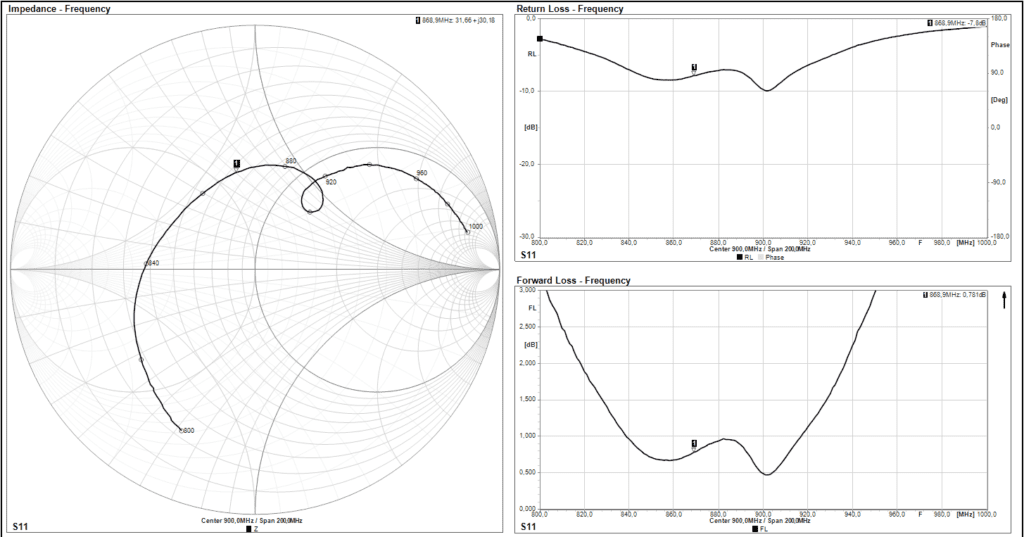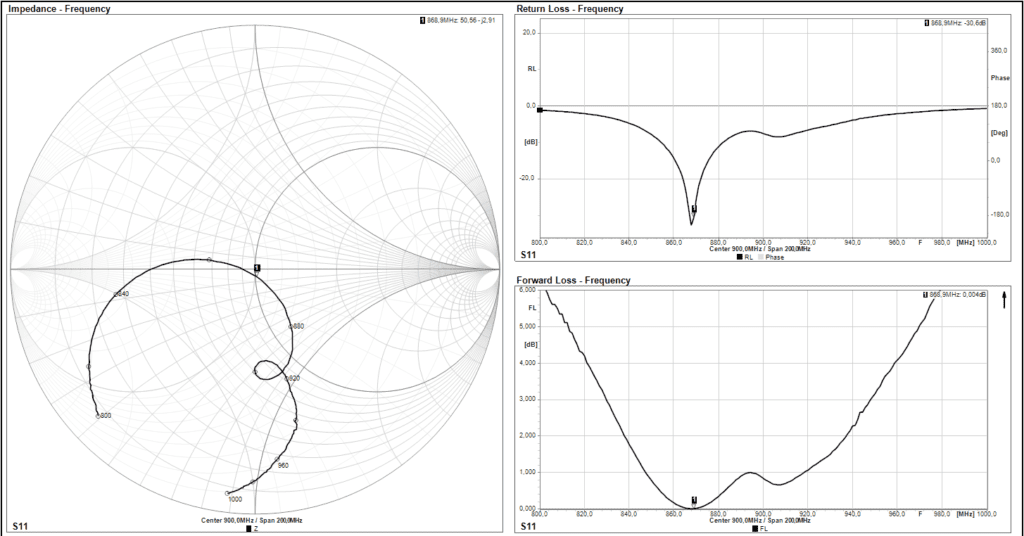Radio Frequency Testing
Radio Frequency (RF) Testing is a process that assesses the functionality, integrity, and compliance of wireless devices, components, and systems operating in the radio frequency spectrum. It involves measuring and analyzing various parameters, such as signal strength, frequency range, modulation quality, and interference susceptibility. Conducting thorough RF testing can identify and address potential issues and regulatory non-compliance, ensuring optimal wireless performance.
Importance of Radio Frequency Testing
Enhanced Reliability: By subjecting wireless devices and systems to comprehensive RF testing, potential performance issues, such as weak signals, impedance mismatches, and network disruptions, can be identified and resolved. This leads to improved reliability and a better user experience.
Regulatory Pre-Compliance: RF testing ensures that wireless devices meet regional regulations and standards. This assures that devices will successfully pass compliance tests at certified authorities, providing additional confidence. It effectively reduces the risks of potential delays, costs, and uncertainties associated with formal compliance testing.
Faster Time-to-Market: Comprehensive RF testing in the product development phase detects and resolves issues early on, minimizing post-production modifications, time, and costs. This enables faster product launches and a competitive edge in the market.
Optimal Performance: RF testing optimizes wireless performance through parameter adjustments, including signal strength, modulation, and antenna impedance matching. This results in superior coverage, improved data transfer rates, and reduced interference.
Furthermore, testing devices with a precisely matched antenna comes at no additional cost, as the difference lies in the specific components utilized. This strategic approach optimizes wireless performance by ensuring precise impedance matching, leading to superior signal transmission and reception capabilities without causing any additional expenses. In fact, in some cases, testing with a matched antenna can even prove to be more cost-effective, making it an advantageous choice for enhancing your wireless systems.
Above, on the left, is an 868 MHz device with a non-matched antenna, and on the right, an 868 MHz device with a matched antenna.
What Products Need Radio Frequency Testing
-
- Wireless Networking Devices (e.g., Wi-Fi Modules, Access Points)
-
- Bluetooth Devices (e.g., headphones, speakers)
-
- IoT Devices (e.g., trackers, wearables)
-
- Radio system devices (e.g., antennas, amplifiers)
Performance Test
The antenna plays a vital role in transmitting and receiving electromagnetic waves. The matching between the antenna and different modules significantly influences the performance of the transmission. We can assess whether the transmit power and receiver sensitivity meet the required design specifications and regulatory standards by conducting measurements.
Available performance tests:
-
- Antenna Efficiency (Return Loss, VSWR, Bandwidth, Impedance)
-
- Module Evaluation (Power Accuracy, Sensitivity, Frequency Offset, Spectrum)
-
- Wireless Performance (Signal Strength, Interference, Power Consumption)
RF specifications that we can test
Elevate your wireless devices with expert RF testing services! Reach out to us today.



